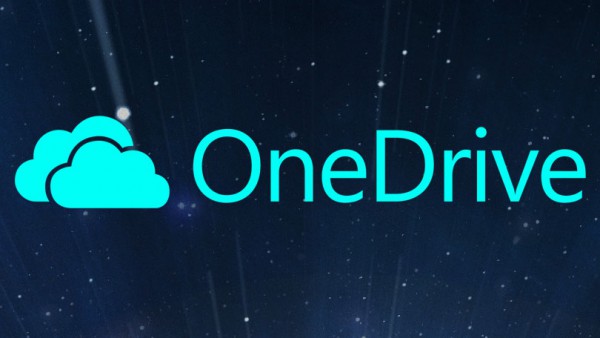Unlimited is never really unlimited.
Microsoft is the latest company to get bit on the rear by its own “unlimited” promises. Redmond admitted that a bunch of subscribers were storing as much as 75TB each on their unlimited OneDrive accounts, so Microsoft slapped a 1TB limit on consumer Office subscribers’ cloud storage.
This follows Sprint admitting that its “unlimited” wireless plans sometimes start throttling at 23GB. And now, Comcast is dramatically expanding its 300GB home data cap to several new cities and raising the price of “unlimited” home Internet by $30-$35 in others, according to DSLReports.
Unlimited is a great promise, but it’s an impossible one. Nobody really knows what a gigabyte is, and everyone wants to just use the Internet freely, so everyone wants an unlimited plan, which lets you relax and download to your heart’s content. I have “unlimited” home cable Internet and an unlimited data T-Mobile plan myself.
But there will always be outliers—Homer Simpsons at the all-you-can-eat buffet, if you will. To some extent, this is a tragedy of America: we are not a reasonable people, we are selfish people who like to push limits. And it turns out Internet infrastructure has limits. Sometimes, as with fiber to the home, those limits are far greater than almost anyone can reach with current applications. But wireless networks, especially, are constantly pushing against the limits of their capacity. Apparently, so are Microsoft’s server farms.
For wireless networks and cloud storage providers, promises of “unlimited” are often just bets that people won’t use all that much bandwidth or hard drive space anyway. If everybody used their “unlimited” LTE Internet all the time, there wouldn’t be enough airwaves to go around. So as soon as things get tight, unlimited goes out the window. It was never really there to begin with.
I’m Not Backing Microsoft Here
Unfortunately, Microsoft, carriers, and especially home ISPs tend to use complaints about congestion and capacity to raise rates in ways that actually have nothing to do with congestion or capacity. That makes them seem totally untrustworthy when they raise valid congestion concerns.
It’s totally understandable why Microsoft might want to slap a terabyte limit on its consumer cloud. But that doesn’t explain or excuse why free OneDrive accounts are going from 15GB to 5GB, a drop in storage that probably doesn’t affect the company’s server farms, but could certainly affect its service revenues.
Comcast is doing the same thing, slapping down caps that seem designed to maximize profits rather than to rein in abusers. The company has been trialing 300GB caps on home cable Internet, but the Government Accountability Office found that wireline ISPs don’t actually need these caps to manage congestion, and that the caps come close to what TV cord-cutters would normally use each month. Comcast really seems to just be trying to raise rates without dealing with regulators, as customers can pay $30-$35 to avoid the caps in some cities.
This is one of those situations where wireline broadband competition would probably help solve the problem. But our wireline Internet industry is so uncompetitive, with 30 percent of Americans only having one choice for a truly high-speed broadband provider, that there’s no brake on their actions.
Wireless carriers also abuse “unlimited” relentlessly. Sprint is currently advertising that “Unlimited data starts at $20,” but that’s 2G data, so slow that you basically can’t do anything with it. That’s just below the legal boundary of false advertising, and it should have been stopped a long while ago.
So as consumers, we’re trapped between untrustworthy companies and abusive fellow users. Everyone’s bad. It’s a disaster. Without either functional home broadband competition or strict government regulation, we’re at the mercy of the Internet providers. There’s really only one thing to do: if you hear something is “unlimited,” assume it isn’t.






